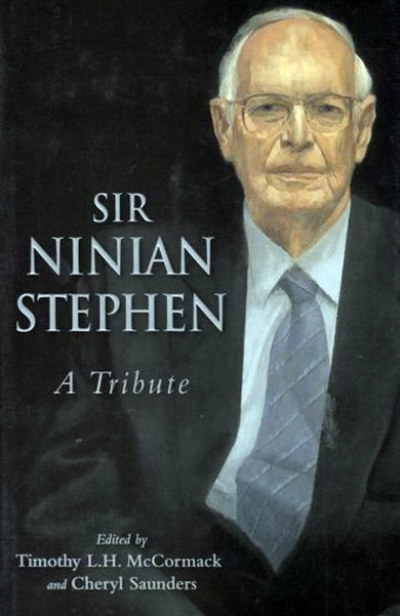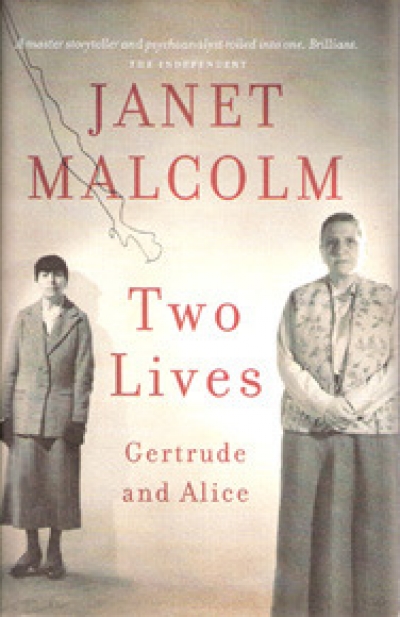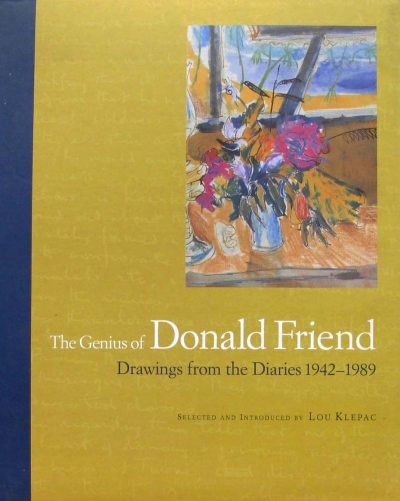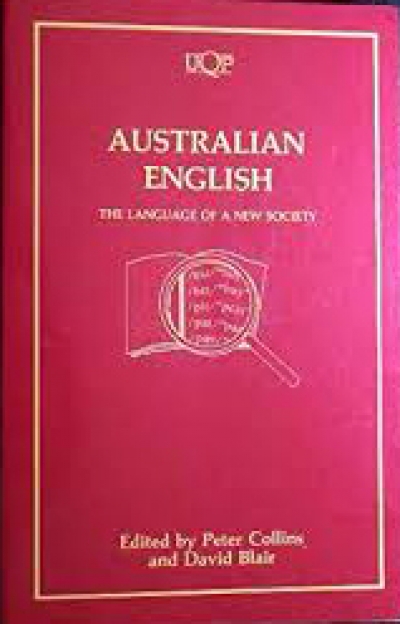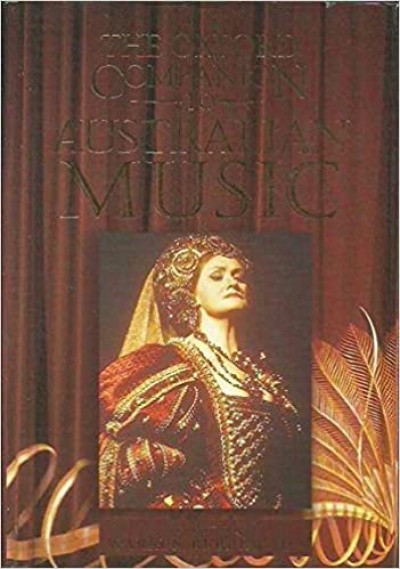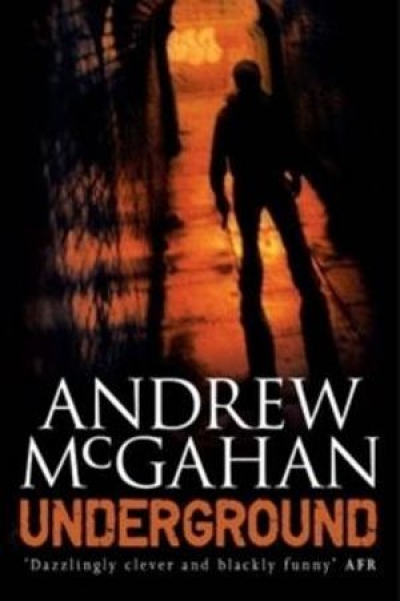Accessibility Tools
- Content scaling 100%
- Font size 100%
- Line height 100%
- Letter spacing 100%
Archive
The ABR Podcast
Released every Thursday, the ABR podcast features our finest reviews, poetry, fiction, interviews, and commentary.
Subscribe via iTunes, Stitcher, Google, or Spotify, or search for ‘The ABR Podcast’ on your favourite podcast app.
‘Where is Nancy?’ Paradoxes in the pursuit of freedom
by Marilyn Lake
This week on The ABR Podcast, Marilyn Lake reviews The Art of Power: My story as America’s first woman Speaker of the House by Nancy Pelosi. The Art of Power, explains Lake, tells how Pelosi, ‘a mother of five and a housewife from California’, became the first woman Speaker of the United States House of Representatives. Marilyn Lake is a Professorial Fellow at the University of Melbourne. Listen to Marilyn Lake’s ‘Where is Nancy?’ Paradoxes in the pursuit of freedom’, published in the November issue of ABR.
Recent episodes:
Sir Ninian Stephen: A tribute edited by Timothy L.K. McCormack and Cheryl Saunders
The Genius of Donald Friend: Drawings from the diaries 1942–1989 by Lou Klepac
Not half as nice
Dear Editor,
Nothing jolts a writer like finding that her book has been read in serious discord with her intentions and produced the last effect she’d have wanted. Heather Neilson (ABR, October 2002) thinks I’m ‘preaching’ and condemning to outer darkness those who don’t agree with me. This is disquieting, but also salutary.
... (read more)

